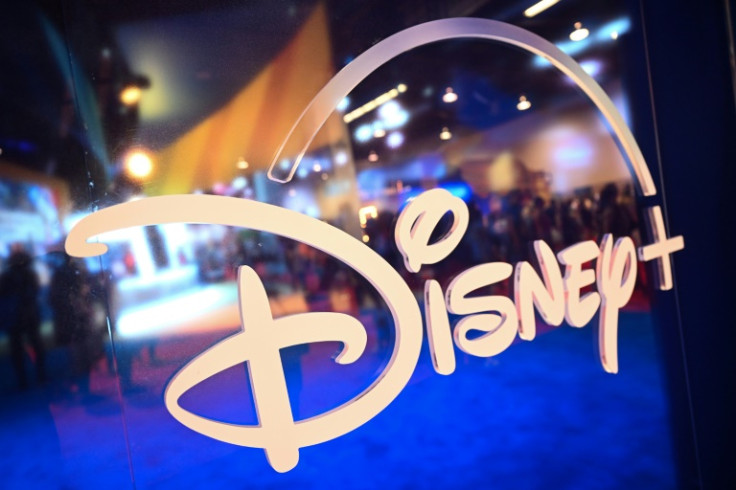Disney, DirecTV Racing To Renew Deals Before NFL Season Kickoff
With less than one week before the NFL season kicks off, Disney and DirecTV are in hurry-up mode

The Walt Disney Company and DirecTV are speeding up the process of renewing their distribution agreement with the National Football League since it will be expiring on Sunday.
Reuters reported that the two parties are trying to reach a deal on the double since failure to come to an agreement could mean 11 million subscribers losing access to Disney channels, which include both ABC and ESPN. With the start of the NFL season less than a week away, there's no time to lose.
"We're working hard to get it done. We want to get it done. We want to deliver for sports fans," Jimmy Pitaro, ESPN Chairperson told Reuters.
Aside from the NFL, another sporting event that could be affected is the ongoing U.S. Open tournament. Disney has put forward several propositions, including combining ESPN and ABC into one sports-centric option.
On the other hand, DirecTV wants to overhaul its offerings to the public, seeking to cater to the preferences of the masses. Now, DirecTV is putting pressure on Disney to allow the company to sell lower-priced packages.
Rob Thun, DirecTV Chief Content Officer, said his company "believes that programmers need to collaborate with pay TV distributors to deliver entertainment options that align with consumer preference," he said.
According to an earlier report from Variety, the president of Disney Platform Distribution, Justin Connolly, placed the blame on DirecTV. "We continue to put a number of tangible options on the table, and DirecTV has not engaged in earnest at this point," he explained. "At the moment we're far apart. The focus is on trying to hammer out details, and the ball is in their court."
There have been issues between the distributor and the programmers for decades. However, the age of streaming has given it a slight twist.
Leichtman Research Group provided data on the subscription offered by top pay-TV providers, which has seen a huge drop in subscriptions over the years. Counting from the second quarter of 2019, there has been a reduction of about 22 million subscribers, leaving only 67.7 million.
© Copyright IBTimes 2024. All rights reserved.






















